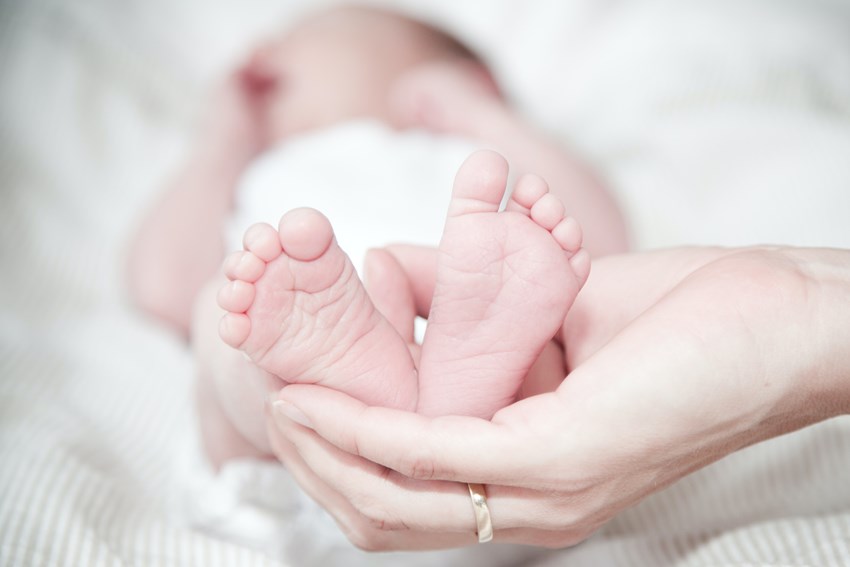Portuguese researchers have proven that hearing assessment in early-age infants can help predict milestones and early detection of neurodevelopmental disorder markers.
Several studies suggest that the brain's response to different auditory stimulus intensities in newborn babies can provide important information about basic auditory sensory processing skills, with cascading effects on aspects such as behavioral organization, social involvement and, consequently, language competencies (Benasich & Tallal, 2002; Benasich et al., 2002; Cruz et al., 2018; Kushnerenko, Tomalski, Ballieux, Potton, et al., 2013; Kushnerenko, Tomalski, Ballieux, Ribeiro, et al., 2013; Marcoux, 2011).
It was from this state of the art that the researchers Sara Cruz, Alberto Crego, Carla Moreira, Eugénia Ribeiro, Óscar Gonçalves, Rita Ramos and Adriana Sampaio started the study that gave rise to the paper “Cortical auditory evoked potentials in 1-month-old infants predict language outcomes at 12 months”, published in January 2022 in the journal Infancy. Eighteen mother-infant dyads recruited at birth participated in the study, all babies meeting the criteria of being born full-term, weight >2500 g, Apgar score of 9/10 in the 10th minute, and having passed the medical hearing test. Infants were assessed at two different times: at one month and at 12 months of age.
In the paper, the researchers explain that, using electrodes, they recorded the CAEP - Cortical Auditory Evoked Potentials, that is, a series of waves generated in the auditory cortex in response to sound, to examine the components called P2 and N2 for two auditory stimuli intensities in one-month-old infants. Then, they sought to correlate the CAEP response to both auditory stimuli with neurobehavioral competencies, since infants' reactivity to external (social interaction characteristics) and internal (self-regulatory skills) stimuli has been associated with social-type behavior (Brazelton & Nugent, 1995; Cruz et al., 2015).
Finally, the team of researchers led by the University of Minho sought to prove whether the neurophysiological response recorded in one-month-old babies predicted developmental outcomes at 12 months. “As far as we Know, no other study has addressed these questions using a neurophysiological approach in responses to different intensities of auditory stimuli and developmental assessment ” says Adriana Sampaio, a researcher supported by the BIAL Foundation.
“In this study, we proved that CAEP in one-month-old infants are related to interactive behavior and self-regulatory abilities and, in 12-month-old infants, with language competencies”, reveals the researcher from the School of Psychology at the University of Minho.
The results obtained were consistent with previous studies that indicate an association between auditory processing and developmental outcomes in infants, which may be crucial for the early detection of neurodevelopmental disorders in children.
Learn more about the project “Physiological markers of newborn sensory processing” here.






















































